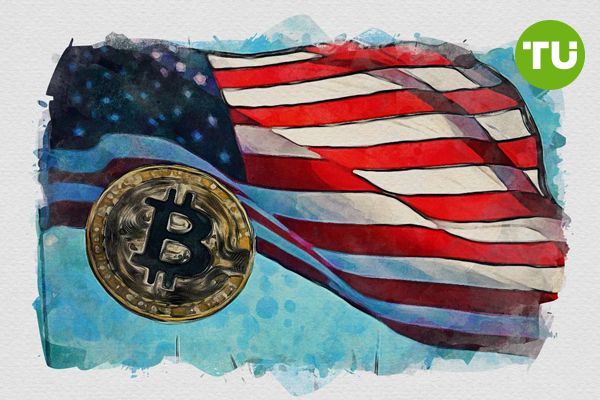Analysts believe the U.S. government will not buy bitcoins in 2025
 U.S. to focus on Bitcoin reserves, not purchases, as global adoption accelerates in 2025
U.S. to focus on Bitcoin reserves, not purchases, as global adoption accelerates in 2025
The United States government is unlikely to purchase additional Bitcoin in 2025, focusing instead on preserving its existing holdings.
Discussions on a Bitcoin reserve policy are expected to continue, signaling potential long-term strategies for crypto adoption, according to Galaxy Digital Research.
U.S. Bitcoin Policy Focuses on Reserves, Not Purchases
Alex Thorn, Galaxy Digital’s head of research, stated that while the U.S. government will not acquire Bitcoin, there will be efforts to examine policies related to Bitcoin reserves. Thorn highlighted ongoing discussions about integrating Bitcoin into U.S. treasury strategies but clarified no immediate plans for large-scale purchases.
Currently, the U.S. government holds 183,850 BTC—valued at $17.36 billion, based on data from Spot on Chain. This stockpile stems largely from seized assets in criminal investigations.
Senator Cynthia Lummis’ Bitcoin Act 2024 proposes enabling the government to buy 200,000 BTC annually over five years, amassing 1 million Bitcoin to be held as a long-term strategic reserve. However, this legislation remains under debate.
Global Competition and Corporate Adoption of Bitcoin
A second Galaxy Digital analyst, identified as JW, predicted that five Nasdaq 100 companies and up to five nation-states could add Bitcoin to their balance sheets or sovereign wealth funds in 2025.
JW warned that global competition for Bitcoin may escalate, particularly among nations with large sovereign funds or those considered U.S. adversaries. This could lead to mining expansions or efforts to acquire Bitcoin to strengthen economic positions.
Japan and International Perspectives on Bitcoin Reserves
While the U.S. debates Bitcoin policy, Japan’s Prime Minister Shigeru Ishiba expressed uncertainty about adopting Bitcoin reserves. He noted that the government needs a better understanding of other nations’ actions before formalizing a stance.
The evolving discussion around Bitcoin as a reserve asset could influence future regulations and financial strategies, especially as global adoption accelerates.
Recently we wrote, that the intersection of cryptocurrency and politics has taken center stage as Bloomberg warns of potential financial instability stemming from Tether and its ties to Donald Trump’s next administration.













































































































































